All around the world these days, we hear about theories, experimentation and new assessment tools designed to reform education in the 21st century, and we are inundated with a range of “silver bullets” that will seemingly solve whatever educational woes we think we’re facing.
The reality is never that simple.
In early February, I went to Rwanda for a meeting of the Learning Metrics Task Force and the 15 Learning Champions. We were there to talk about assessment, to learn from each other and to share our progress on developing more effective ways of supporting improvement in our education systems.
That might sound dry, but it was anything but. There was an amazing amount of passion, honesty and commitment in the room—in many cases, in the face of huge challenges.
I was struck by two overall impressions. First, the meeting reminded me of how lucky we are in Canada—how rich, how privileged, and how much we take for granted. At the same time it made clear that across continents, economies, and levels of development, we have common goals for our children. And those goals go far beyond simply ensuring that children have access to education; they extend to ensuring that children gain the broad set of foundational cognitive and, equally important, non-cognitive skills that they will need to be successful in our increasingly connected world. Dr. Stuart Shanker, an internationally recognized expert in neuroscience and social-emotional learning, puts it best:
“We have seen a revolution—or perhaps evolution would be a more appropriate term—in educational thinking over the past 20 years…Instead of seeing reason and emotion as belonging to separate and independent faculties (the former controlling the latter), social, emotional, and cognitive processes are all bound together in a seamless web.”
In Kigali, the work we did together was both exciting and challenging. For three days we wrestled with how to develop some common language around non-cognitive skills, how to ensure that each of our systems did not get trapped in setting narrow goals for our students, and how we could measure success in areas that many people assume are not measurable.
It was great to be able to share People for Education’s Measuring What Matters project with the group, which we hope will help with some of the groundwork. Measuring What Matters is a multi-year initiative to develop broader goals for education in Ontario and a new set of success measures that are both educationally useful and publicly understandable.
Scholars have written papers for us in the five domains we think matter most: citizenship, creativity, mental and physical health, social-emotional learning, and quality learning environments. Each of the papers describes why the domain is important for students’ long-term success and life-chances, what the domain includes, and provides examples of current tools being used to assess student success in the domain, and/or measure students’ access to learning in the area.
The scholars are now “distilling” their work down to a core list of skills, competencies, and learning opportunities for each domain, and examining Ontario’s curriculum and education policy to see where the skills are found and where there are gaps. At the same time, we are collecting stories from schools and systems that are already working on these broader goals.
The next step will be pilot projects in 12 schools in the fall to find out what happens on the ground when schools and educators use these competencies as a core part of what they work on and measure. At the same time, we are talking to the public—though parent networks, traditional and social media, and a range of stakeholder organizations—to engage them in the process and to build buy-in for the new goals and measures. The process is not fast, because we have to be able to respond to and build on findings at each step.
The meeting in Kigali and the work of the Learning Metrics Task Force has added a whole new layer of knowledge and information. We’re hoping that over the next few months, friends made and partnerships explored at the meeting will grow into even more collaborative work. Together, all of this work, trial and error, exploration, and dialogue will help to build new ways of measuring educational success that recognize what is most important for students and for the challenges we face in society today and in the future.
The Brookings Institution is committed to quality, independence, and impact.
We are supported by a diverse array of funders. In line with our values and policies, each Brookings publication represents the sole views of its author(s).

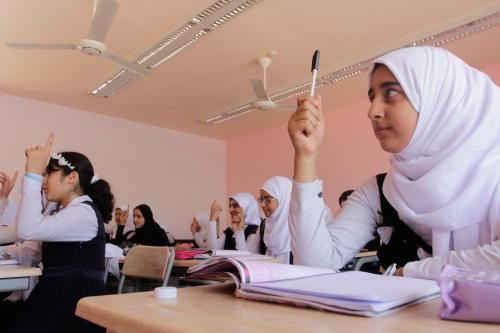
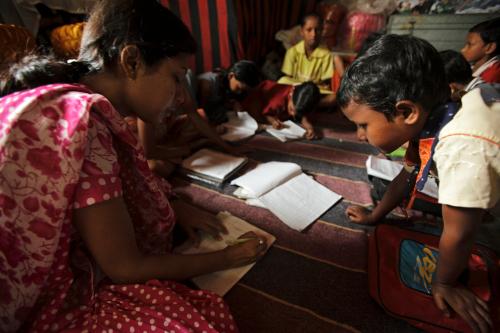
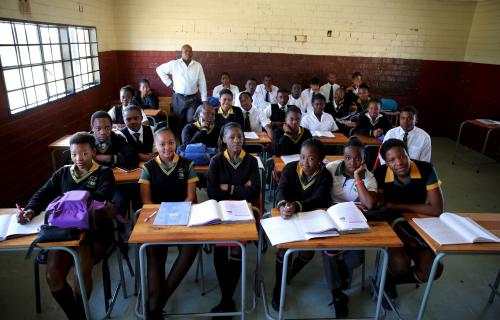
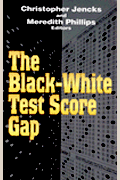
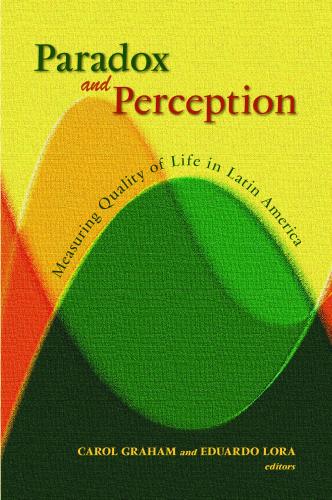
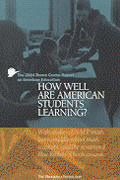


Commentary
LMTF discussions continue on measuring what matters in Kigali, Rwanda
March 9, 2015